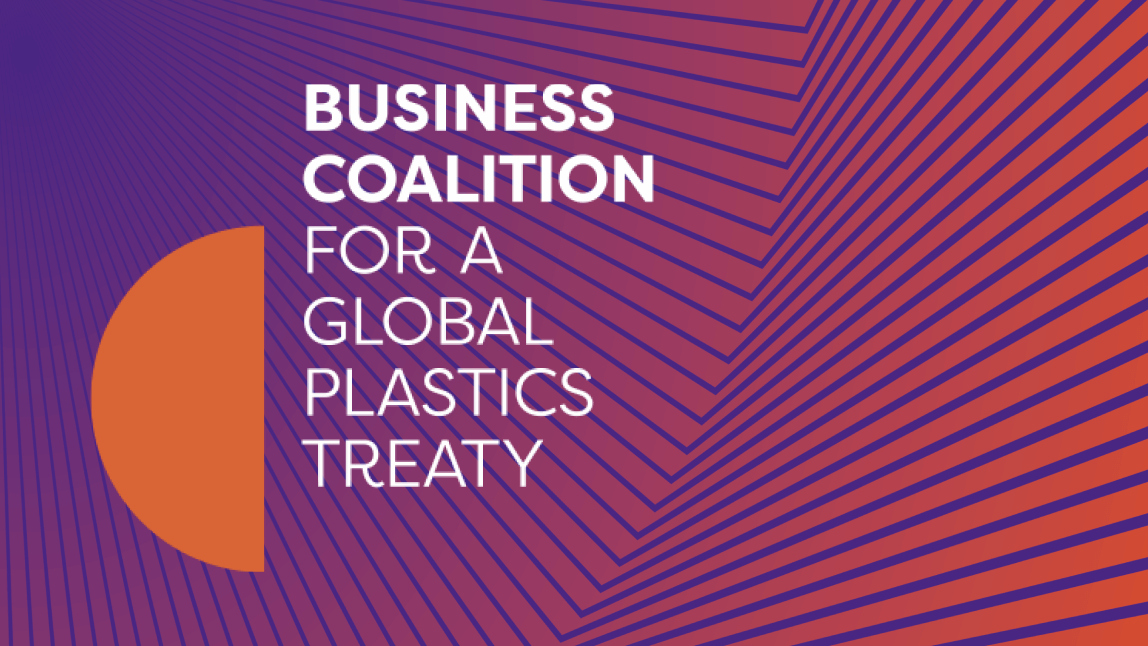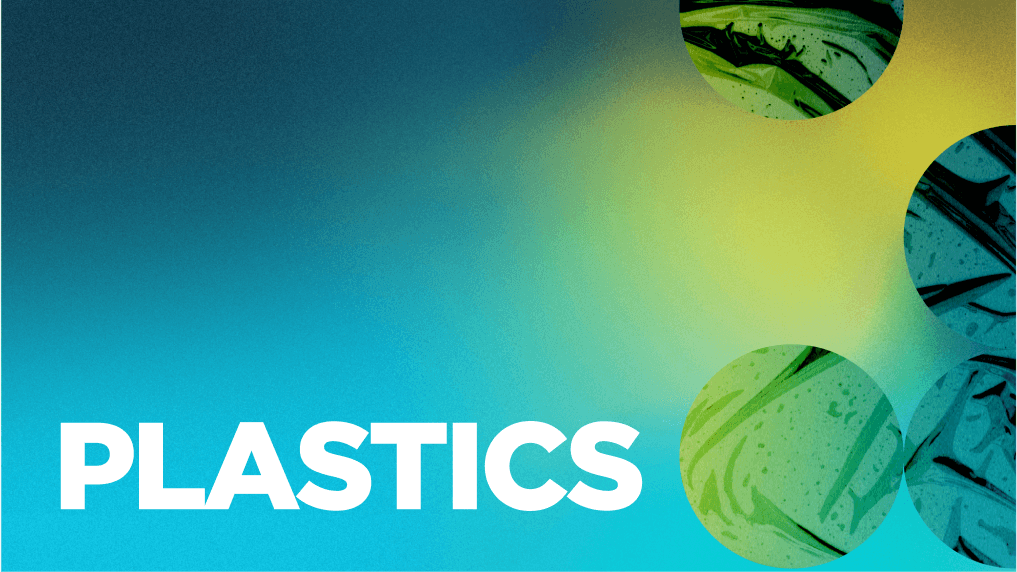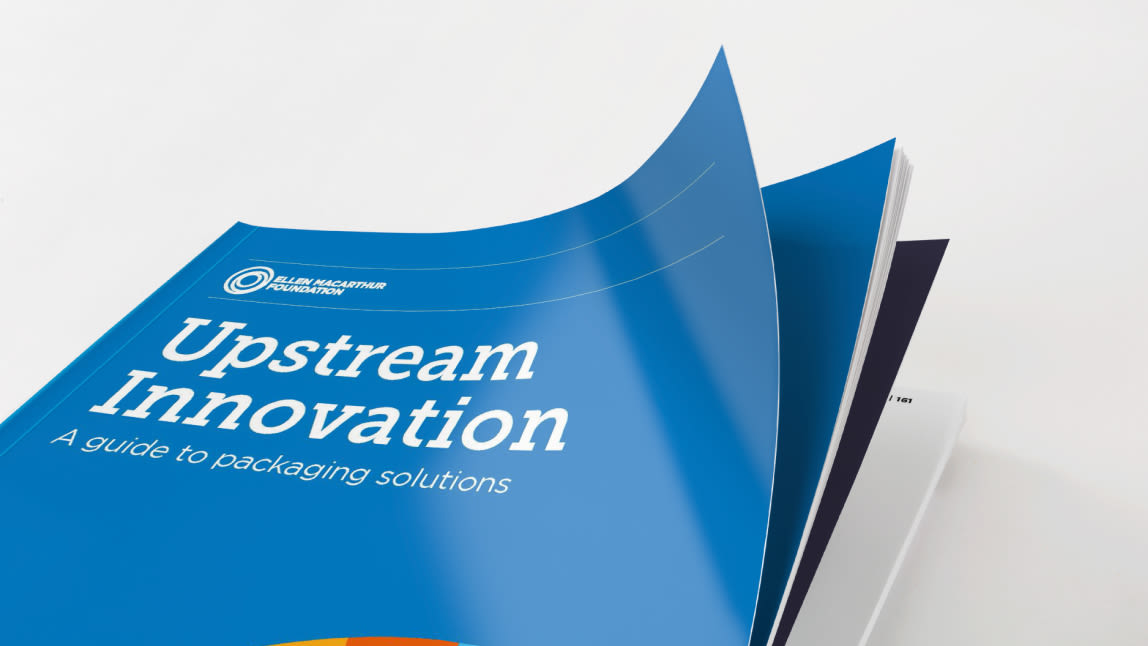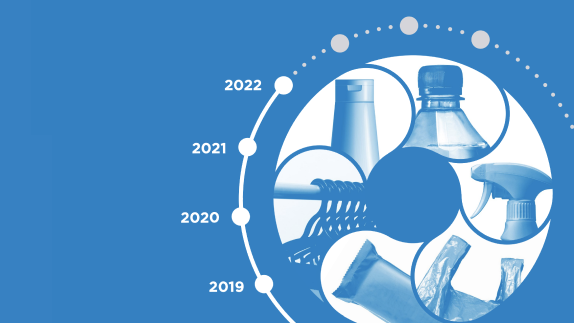We welcome the start of the formal negotiations for a legally binding Global Plastics Treaty, which took place in Punta del Este, Uruguay last week, during the first meeting of the International Negotiation Committee, also known as INC-1. Following the mandate agreed by the adoption of UNEA resolution 5/14 in March 2022, government representatives met in Uruguay to exchange on various questions, from how to organise their work going forward to what type and structure the treaty needs, with an ambition of completing it by the end of 2024.
Various stakeholder groups, including industry representing different parts of the plastic value chain, civil society, workers from the informal sector, indigenous people, the scientific community among others, have been very active in engaging with the negotiators. There is a high level of alignment to discuss both mandatory and voluntary actions, including support to countries to implement their obligations under a new treaty.
The following priorities emerged following the formal and informal discussions at INC-1:
Reduce plastic production and use, with a particular focus on problematic plastics that have high-leakage rates, are short-lived, and/or are made using fossil-based virgin resources
Tackle health impacts related to plastic pollution, including hazardous chemicals used in plastics
Ensure a just transition to a circular economy for plastics, with strong involvement of representatives from the workers in the informal sector
Numerous recent interventions from governments have made it clear that we will not recyclerecycleTransform a product or component into its basic materials or substances and reprocessing them into new materials. our way out of the plastic pollution crisis. While improving waste management capabilities around the globe is important, the treaty needs to define a clear set of targets or obligations to support progress in three critical areas:
REDUCTION of plastic production and use through a circular economycircular economyA systems solution framework that tackles global challenges like climate change, biodiversity loss, waste, and pollution. It is based on three principles, driven by design: eliminate waste and pollution, circulate products and materials (at their highest value), and regenerate nature. approach;
CIRCULATION of all plastic items that cannot be eliminated, keeping them in the economy at their highest value;
and PREVENTION and REMEDIATION of remaining, hard-to-abate micro- and macro-plastic leakage into the environment, including legacy pollution.
Together with businesses and financial institutions part of the Business Coalition for a Global Plastics Treaty, the Ellen MacArthur Foundation has shared insights from our work related to the U.S. Plastics Pact’s Problematic and Unnecessary Materials list, Upstream Innovation Guide to Packaging Solutions, and Extended Producer Responsibility.
The Foundation also stressed the importance of the negotiations to set priorities towards developing effective policy measures, through side events with WWF and OECD, as well as via bilateral meetings with delegations. While additional sectors should be covered over time, we strongly advise targeting the most relevant plastic applications, and tackle key steps of the value chain with a high level of ambition first. To achieve this, we need a clear definition of a coordinated set of upstream and downstream policy measures, focusing on plastics with high-leakage rates or are short-lived/single use products that become waste very quickly, including but not limited to packaging.
There is growing agreement amongst country delegations on the relevance of global rules to end plastic pollution and to accelerate progress to a circular economy. A legally binding treaty must enable governments to create a level playing field for the whole industry, and prevent a patchwork of disconnected national solutions
- Carsten Wachholz, the Ellen MacArthur Foundation’s Senior Policy Manager










